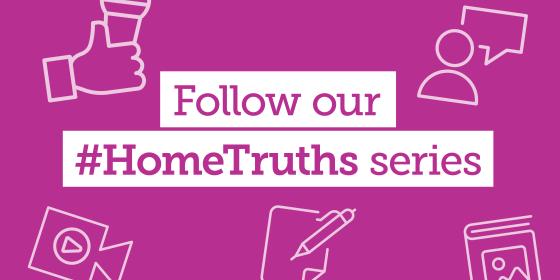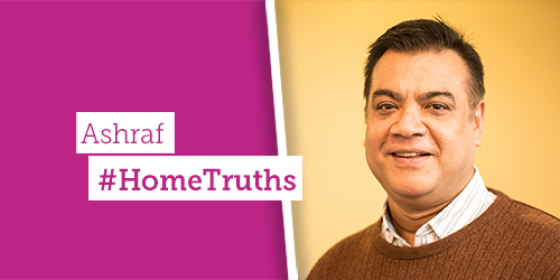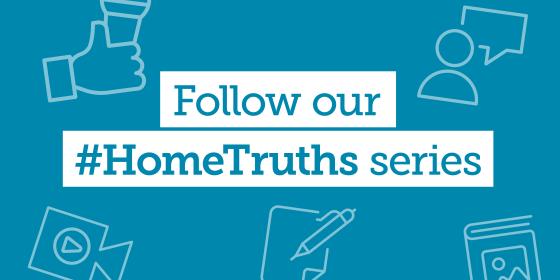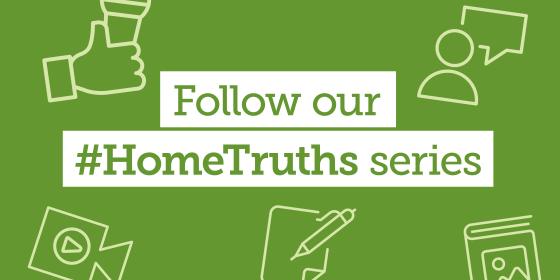 Blogs | Home Truths - Curlet
Blogs | Home Truths - Curlet
My story: Chit
The combination of coronavirus and Black Lives Matter has made me reflect a lot on racism.
One conversation I had with my dad two weeks ago has stuck with me. He talked about his experience arriving in cosmopolitan London from Sri Lanka in the 80s. He talked about not being able to get a job as a lawyer despite have a Masters from UCL and 10 years’ experience. He talked about the casual use of offensive language at work and in public. And he talked about being punched in the face on the train home while the other passengers sat and read their newspapers. His conclusion was he didn’t understand why people were complaining now. “Things are so much better,” he told me. I found it hard to find the words to disagree.
But then I see what’s happening with COVID-19 and I wonder whether things have just migrated from overt racism to subtler forms. Death rates from COVID in the BAME community are shocking. But what’s really upsetting was how hard scientists and policymakers wanted to put it down to other factors – our lifestyles, profession, willingness to be tested. To quote the great detective Sherlock Holmes, “When you have eliminated the impossible, whatever remains, however improbable, must be the truth.” That truth is that historic racism probably contributed to the increased death rate from COVID-19 for black, Asian and other minority ethnic peoples.
"The combination of Coronavirus and Black Lives Matter has made me reflect a lot on racism."
I don’t think we are really going to improve health inequalities until we admit there is racism in our NHS and public health systems. I worry that the fear of being seen to be racist paralyses individuals and organisations. However, it’s the first step to improving things.
I do think life is better now than when my dad arrived in the UK. But better is sometimes not enough.
 Blogs | Home Truths - Ashraf
Blogs | Home Truths - Ashraf
 Blogs | Home Truths - Amma
Blogs | Home Truths - Amma
 Blogs | Home Truths - Dorothy
Blogs | Home Truths - Dorothy